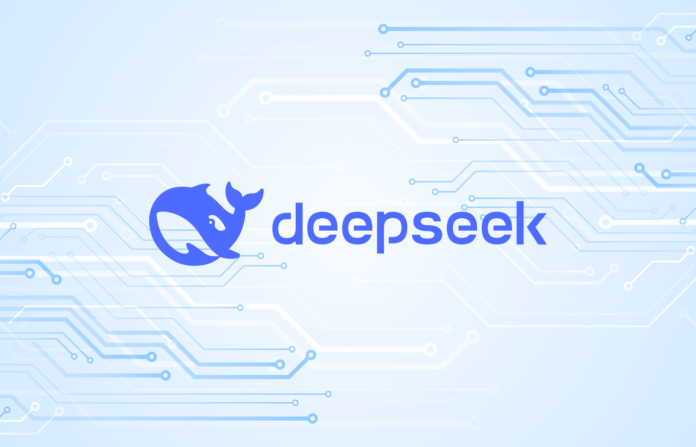DeepSeek’s AI models may give Chinese chipmakers an advantage against Nvidia by reducing dependence on high-powered hardware. Analysts say this shift could reshape China’s AI industry.
DeepSeek’s models, such as R1, use “inference” to generate output, which means they make predictions based on prior learning rather than training on new data. This is a far less energy-intensive process than training an AI from scratch with a dataset, so they do not need such powerful chips.
China-made chips, such as those from Huawei, have typically been less powerful than those from Nvidia due to export restrictions on key technologies and materials. As a result, the U.S. has long dominated this market. However, as the DeepSeek models do not require such capabilities, they can be supported by homegrown hardware that produces comparable results, analysts told Reuters.
What’s more, chips from the likes of Huawei are significantly cheaper for Chinese tech companies looking to leverage the DeepSeek model than those from Nvidia, since they do not have to navigate export controls.
DeepSeek R1 itself will also be more cost-effective for these companies than rival models, such as OpenAI’s GPT-4, because it is open-source. With Chinese models and chips both offering competitive price points, this could drive an increase in domestic companies developing AI-augmented products, and subsequently boost AI adoption in the country.
Despite security concerns, many Chinese companies have already announced DeepSeek integrations, including automakers Nissan, BYD, Geely, and Great Wall Motor, telecom operators China Mobile, China Telecom, and China Unicorn, and smartphone company Honor.
Nvidia’s lead depends on hardware and software Edge
U.S. export controls for chips currently do not cover the less advanced versions optimised for inference. As a result, Huawei and other Chinese chipmakers will still face competition from Nvidia in the Chinese market. What’s more, analysts sayNvidia’s inference-optimised chips still set the industry benchmark, offering superior efficiency and software support, according to Reuters’ analysts.
Chinese chipmakers will also likely have to do more than simply offer an equivalent product to lure away Nvidia’s customers. Many developers prefer Nvidia hardware due to CUDA, a platform which allows its chips to be used for general-purpose computing, rather than just AI.
In the past, Chinese chipmakers have had to offer compatibility with CUDA to compete, as their equivalent platforms, such as Huawei’s Compute Architecture for Neural Networks, do not provide the same capabilities.
“Software performance of Chinese AI chip firms is also lacking at this stage,” Lian Jye Su, a chief analyst at tech research firm Omdia, told Reuters. “CUDA has a rich library and a diverse range of software capability, which requires significant long-term investment.”
As DeepSeek gains traction, Chinese chipmakers may challenge Nvidia on cost, but its software ecosystem remains a key advantage in the AI race.
